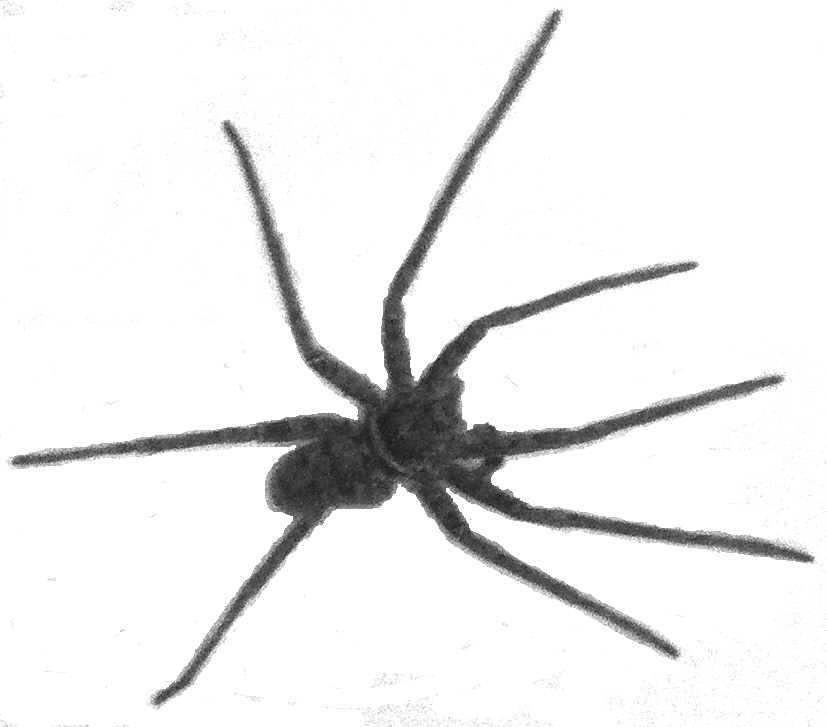Tasbas (Phase 1)
Basic information
Sample name: Tasbas (Phase 1)
Reference: P. N. Doumani, M. D. Frachetti, R. Beardmore, T. M. Schmaus, R. N. Spengler III, and A. N. Mar'yashev. 2015. Burial ritual, agriculture, and craft production among Bronze Age pastoralists at Tasbas (Kazakhstan). Archaeological Research in Asia 1:17-32 [ER 3759]
Geography
Country: Kazakhstan
Coordinate: 45° 8' 3" N, 79° 22' 4" E
Coordinate basis: stated in text
Time interval: Holocene
Section: 3759
Unit number: 1
Unit order: below to above
Max Ma: 0.0041
Min Ma: 0.00401
Age basis: radiocarbon (uncalibrated)
Geography comments: "Tasbas is a highland settlement located at 1500 m asl, in the Bayan-Zhurek Valley of Semirech'ye, southeastern Kazakhstan".
"Two samples of wood charcoal and one wheat grain from Phase 1 were AMS dated to between 4100 ± 30 and 4010 ± 30 BP (2832 and 2492 cal. BC)".
"Two samples of wood charcoal and one wheat grain from Phase 1 were AMS dated to between 4100 ± 30 and 4010 ± 30 BP (2832 and 2492 cal. BC)".
Environment
Lithology: ash
Taphonomic context: human accumulation,settlement
Archaeology: buildings,burials,hearths,stone tools
Habitat comments: "Tasbas extends over three natural terraces (70 × 20 m) that wrap along a tributary river. Historic period burials rest on the upper terrace; a multi-phase campsite occupies the middle terrace; and Late Bronze Age burials span the lower terrace".
"Tasbas Phase 1 dates to the Early Bronze Age. A human cremation interment built alongside a small housing structure documents its earliest period of human activity. This single ritual episode yielded a cist constructed of rectilinear granite slabs approximately 80 × 95 cm in size. Cremated contents left a thin deposit of fine ash, charcoal, and burned bone fragments. In the cist's southeast perimeter an ephemeral lens of ash and burned caprine bones, and at least one larger mammal, was recorded. Three chert microliths and carbonized conifer branches were found in association with this deposit. A stone-lined circular hearth was also found in association with Phase 1".
"Tasbas Phase 1 dates to the Early Bronze Age. A human cremation interment built alongside a small housing structure documents its earliest period of human activity. This single ritual episode yielded a cist constructed of rectilinear granite slabs approximately 80 × 95 cm in size. Cremated contents left a thin deposit of fine ash, charcoal, and burned bone fragments. In the cist's southeast perimeter an ephemeral lens of ash and burned caprine bones, and at least one larger mammal, was recorded. Three chert microliths and carbonized conifer branches were found in association with this deposit. A stone-lined circular hearth was also found in association with Phase 1".
Methods
Life forms: primates,rodents,ungulates
Sampling methods: quarry
Sample size: 14 specimens
Years: 2011
Sampling comments: "Pilot excavations were carried out on the middle terrace at Tasbas in 2001, with the main excavations conducted in 2011". No specific information is provided on the total area excavated, or whether the soil was sieved.
Metadata
Sample number: 4010
Contributor: Benjamin Carter
Enterer: Benjamin Carter
Created: 2022-10-17 12:10:56
Modified: 2023-05-30 02:15:25
Abundance distribution
3 species
2 singletons
total count 14
geometric series index: 9.8
Fisher's α: 1.171
geometric series k: 0.2887
Hurlbert's PIE: 0.1978
Shannon's H: 0.5091
Good's u: 0.8571
Each square represents a species. Square sizes are proportional to counts.
• Find matching samples
Register


